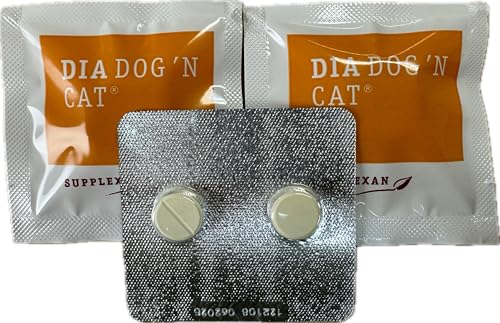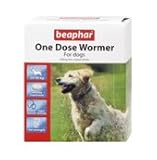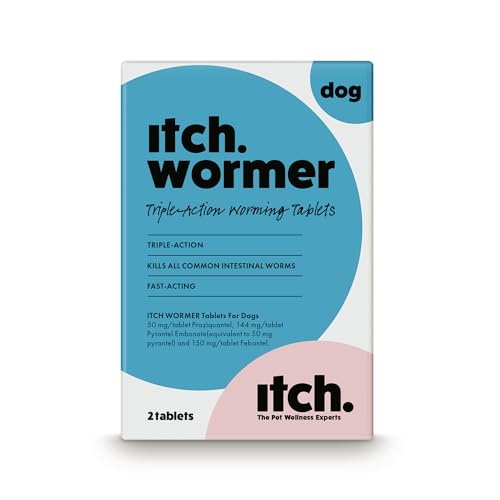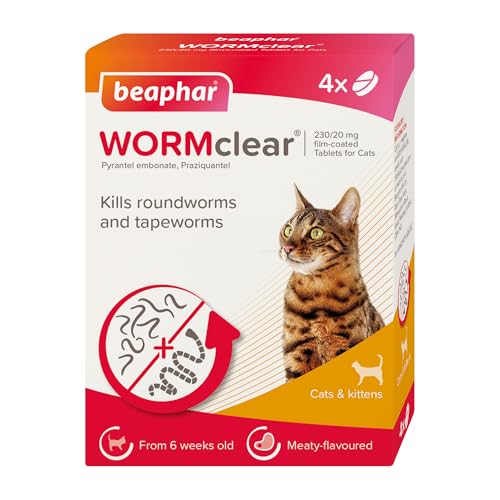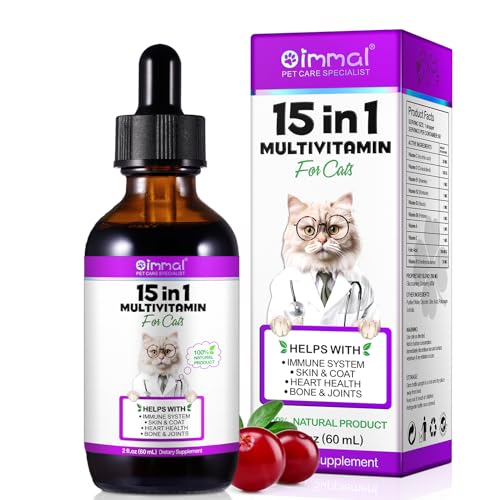Understanding the Importance of Deworming for Your Dog
Why Deworming Matters
Deworming your dog is essential for maintaining their overall health. Just like we can catch bugs, dogs can also pick up worms that can wreak havoc on their digestive system and overall wellness. Intestinal worms, such as roundworms and tapeworms, can lead to serious health issues if left untreated. Regular deworming not only keeps your dog healthy but also prevents potential transmission to other pets or even to humans in some cases. If we prioritise deworming, we’re ensuring our furry friends lead a happier, healthier life.
Signs Your Dog May Need Deworming
Recognising the Symptoms
We should be on the lookout for specific symptoms that indicate our dog might need deworming. For instance, if you notice a change in their appetite—either an increase in hunger or a sudden loss of interest in food—this could be a warning sign. Additionally, look for physical signs such as weight loss despite a normal diet, bloated stomach, or visible worms in their faeces. Behavioural changes, like increased lethargy or unusual scratching, may also indicate a worm infestation. Staying vigilant about these signs allows us to take timely action.
Different Types of Dewormers Available
Exploring the Options
When it comes to deworming, we have a few different types of dewormers at our disposal. Broadly, they can be categorised into prescription medications and over-the-counter solutions. Prescription dewormers are typically more comprehensive and are tailored to combat specific types of worms, making them highly effective for diagnosed infestations. Over-the-counter options are convenient and usually effective for common parasites, but it’s important to choose the right one based on your dog’s health and the type of worms suspected. We must also consider whether we prefer tablets, liquids, or topical solutions, depending on what is easiest for us to administer and for our dog to tolerate.
How to Choose the Right Dewormer for Your Dog
Tailoring Choices to Your Pet
Choosing the right dewormer is crucial for ensuring the best care for our dogs. Our first step should involve identifying the type of worm affecting our dog, which may require a vet visit for proper diagnosis. Once we have that information, we can narrow down our options. We also need to take into account our dog’s size, age, and health status, as these factors will influence the appropriate dosage and choice of medication. Always opt for dewormers that are specifically formulated for dogs, avoiding any treatments designed for other pets or animals, as these can be harmful.
Deworming Schedule: When and How Often
Setting a Routine
Establishing a deworming schedule is key for maintaining our dog’s health. Generally, it is recommended to deworm puppies when they are around two weeks old, followed by repeat treatments every few weeks until they reach about six months of age. For adult dogs, we suggest deworming at least twice a year, but this may vary based on lifestyle and exposure to potential parasites. If your dog frequents areas where other animals gather, a more frequent schedule may be beneficial. Regular check-ups with the vet can help us determine the most effective deworming timeline tailored to our dog’s needs.
